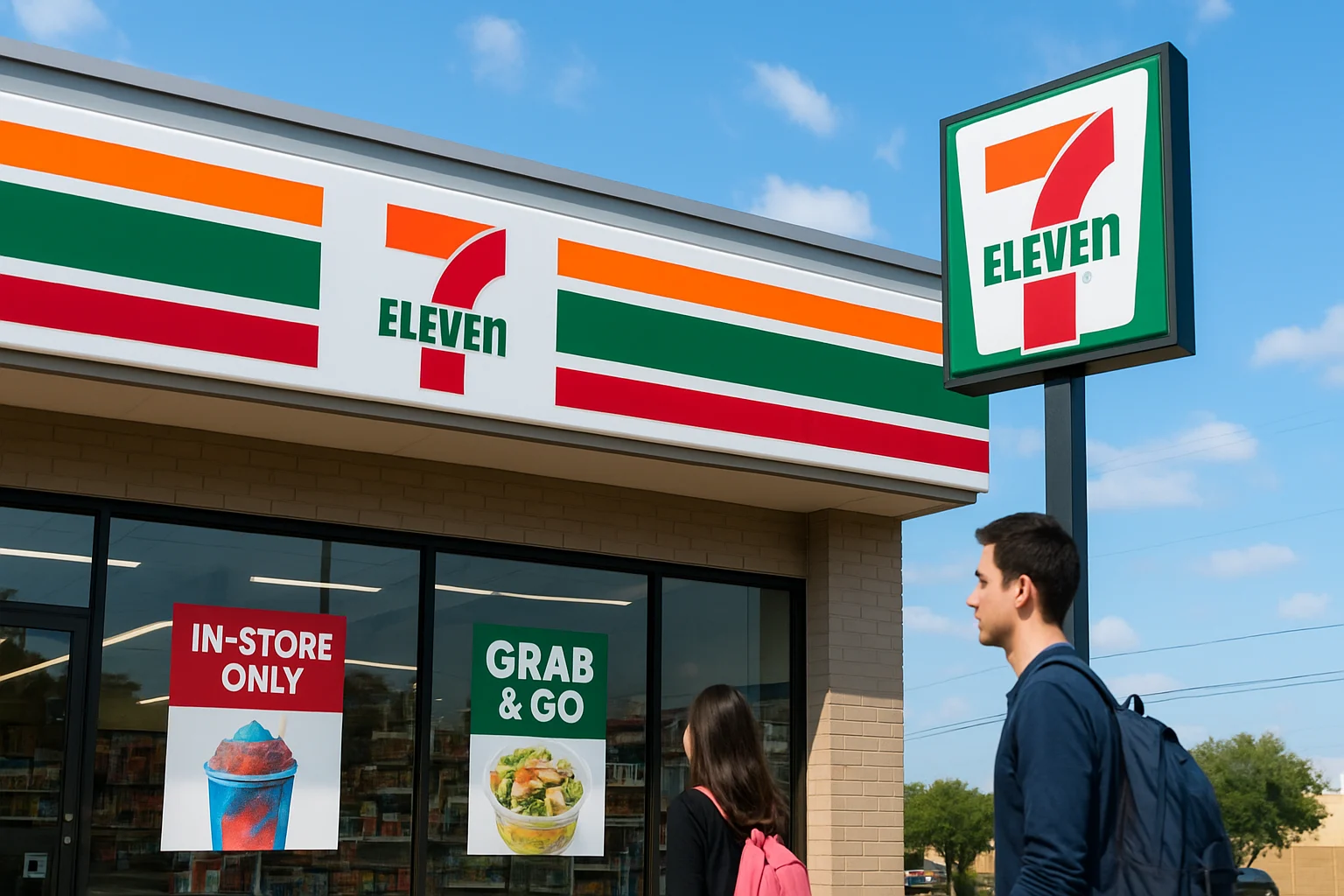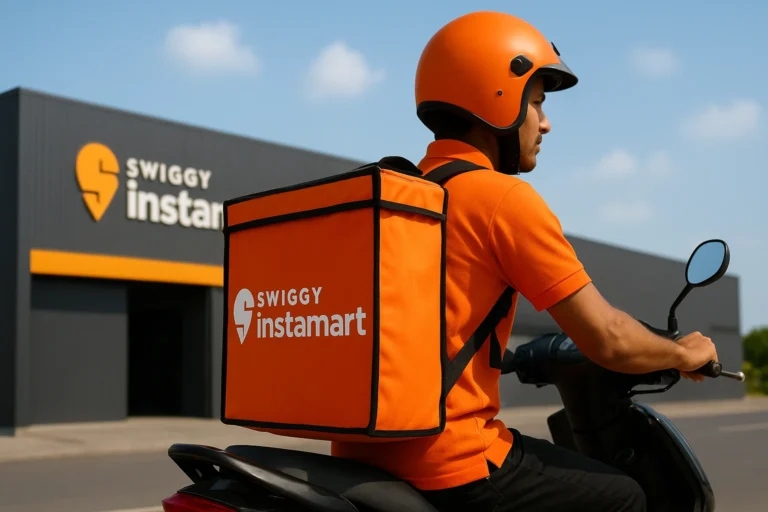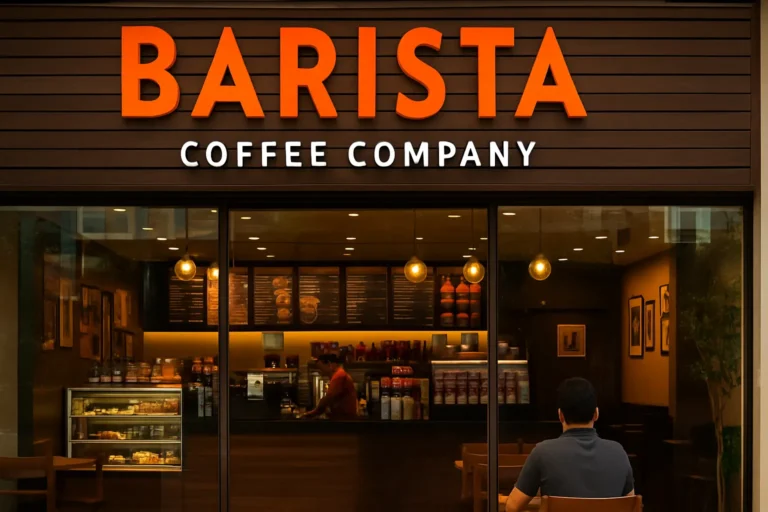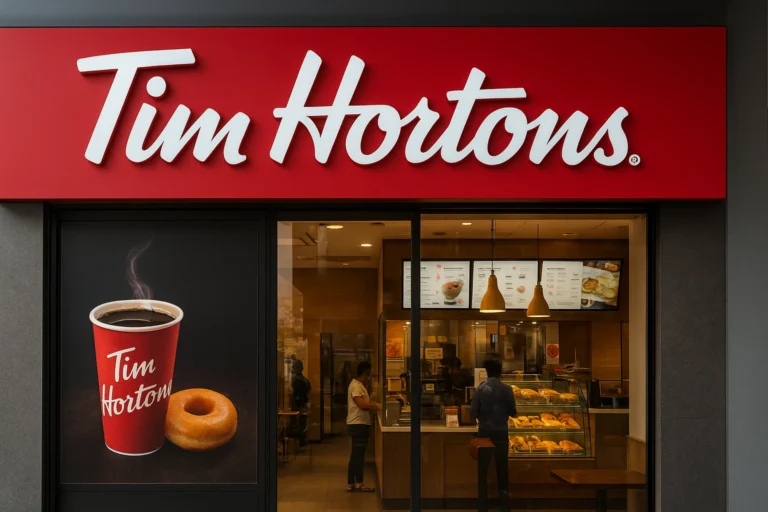When you think of convenience stores, one name instantly comes to mind: 7-Eleven. With over 84,000 locations worldwide, it’s not just a retail giant—it’s a franchise phenomenon. But what makes 7-Eleven stand out in today’s crowded marketplace, and why is it still one of the most sought-after franchise opportunities?
Breaking News: 7-Eleven Expands Its Tech-Driven Convenience
In 2025, 7-Eleven is doubling down on innovation. From cashierless checkout to AI-driven inventory tracking, the brand is integrating new technology that not only improves customer experience but also helps franchise owners cut operational costs. This forward-thinking model is setting new benchmarks for the global convenience industry.
According to recent reports, 7-Eleven is piloting its “Scan & Go” mobile-first program in several U.S. cities. Early feedback shows faster checkouts and higher customer satisfaction, positioning 7-Eleven as a leader in frictionless retail.
Case Study: The Franchise Funnel of 7-Eleven
Unlike many franchises, 7-Eleven offers a turnkey model. That means the company provides the store, negotiates the lease, and even sets up the initial inventory. Franchisees essentially step into a ready-made business funnel, reducing startup headaches.
Franchise Funnel Breakdown:
- Onboarding: In-depth training, including financial management and retail operations.
- Launch: A fully stocked, branded store with built-in supplier relationships.
- Growth Tracking: Proprietary tools for sales, inventory, and performance analysis.
- Ongoing Support: Marketing, tech updates, and operational assistance from corporate.
This structured funnel is why 7-Eleven has one of the lowest franchise failure rates in the retail space.
Deep Dive: How 7-Eleven Compares to Other Convenience Store Franchises
If you’re exploring franchise opportunities, here’s how 7-Eleven stacks up against competitors like Circle K and Wawa:
| Feature | 7-Eleven | Circle K | Wawa |
| Global Reach | 84,000+ stores | 14,800+ stores | ~1,000 stores |
| Turnkey Model | Yes | Partial | No (franchise-limited) |
| Tech Innovation | High (AI + Scan & Go) | Moderate (POS upgrades) | Low (focus on foodservice) |
| Franchise Investment | $50K–$1.5M | $185K–$1.6M | Limited franchise ops |
The clear differentiator is scale + tech adoption, making 7-Eleven an appealing choice for investors who want global stability with modern growth potential.
Tracking Consumer Behavior Through 7-Eleven’s Lens
7-Eleven has mastered the art of consumer tracking. Using data analytics, the brand predicts purchase behavior, optimizes product placement, and even customizes promotions store-by-store. This hybrid model of tech + retail isn’t just about convenience; it’s about future-proofing the franchise.
For franchisees, this means smarter stocking, reduced waste, and higher margins.
Key Takeaway
7-Eleven is more than a convenience store—it’s a franchise ecosystem blending tradition with innovation. From turnkey operations to AI-powered tracking, the brand continues to redefine what it means to be a global franchise leader.
If you’re exploring franchise investments in 2025, 7-Eleven stands out as a case study in how to merge convenience, technology, and growth into one profitable model.





